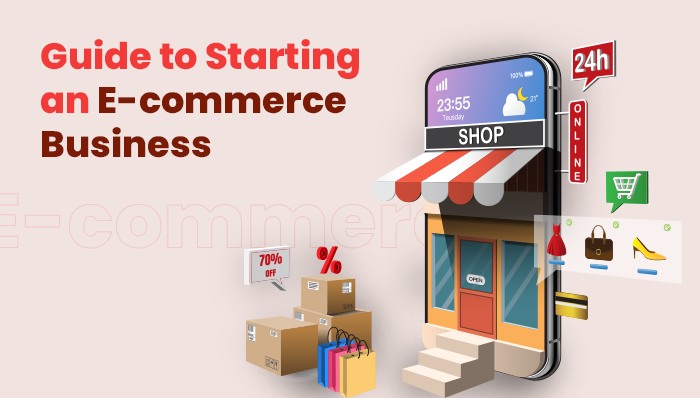
6 Tips For Protecting Your Small Business
As a small business owner, you wear many hats. And while you might prefer to spend your time selling, recruiting, or promoting your brand, you also have to think about your organization’s safety and security. Otherwise, a compromising event could leave you in a dangerous position.
Practical Tips for Keeping Your Biz Safe
Every business faces certain risks and challenges. And while certain organizations are exposed to more threats than others, we all have particular vulnerabilities. Here are a few specific ways you can keep your business safe and out of harm’s way:
1. Take Ownership Of Your Assets
The very first course of action is to take ownership of your business name, logos, slogans, etc. All intellectual property should be trademarked to prevent other competitors and lurkers from infringing upon your proprietary assets.
While certain elements of this can be done on a DIY basis, it’s wise to hire an attorney or IP specialist to carry out most of these steps. (This is something you need to get right the first time around.)
2. Pay Attention To Industry-Specific Threats
In every industry, there are specific threats that could put an organization at risk.
Take insurance companies and banks, for example. With anti-money laundering laws on the books, these organizations have to be cognizant of potentially getting linked up in a situation that they don’t want to be a part of. Investing in an anti-money laundering compliance solution can set up safeguards to lower the risk of this happening.
Are there specific threats in your industry that put you at risk? Better to confront these issues now in a proactive manner.
3. Secure The Right Legal Entity
One of the next steps in organizing your business is choosing the appropriate legal entity or business structure.
“When beginning a business, you must decide what form of business entity to establish. Your form of business determines which income tax return form you have to file,” the IRS explains. “The most common forms of business are the sole proprietorship, partnership, corporation, and S corporation. A Limited Liability Company (LLC) is a business structure allowed by state statute.”
It’s not all about taxes, however. Your legal entity also offers you certain legal protections by insulating you (the person) from your business. Consult with a business attorney to learn more.
4. Invest In These Insurance Policies
While you may need to swap some policies in or out based on your industry and the amount of risk you’re comfortable with, you should at least consider the following for your business:
- General liability insurance
- Workers’ compensation insurance
- Business interruption insurance
- Credit insurance
- Cyber insurance
- Errors and omissions insurance
- Key person insurance
Business insurance policies are relatively inexpensive (when compared to the value they add in a compromising situation). It’s best to make the investment now so that you don’t have to waste any energy worrying about potentially devastating outcomes.
5. Take Cybersecurity Seriously
It doesn’t matter if you run a tiny small business or a massive Fortune 500 company; you are at risk of being attacked by cybercriminals. And the results can be devastating.
Research shows that 43 percent of cyber attacks target small businesses, while 60 percent of small businesses that experience an attack go out of business within just six months. Last year alone, there was a 424 percent increase in small business cyber breaches.
In other words, stop winging it! Develop a cybersecurity strategy that helps protect your business and prevents costly problems that put your company at risk of falling apart.
6. Always Get It In Writing
As a general rule of thumb, always get everything in writing. Whether you’re signing a lease on a new building, hiring an independent contractor, or bringing on a new investor, it must exist in writing. Take a “better safe than sorry” approach and do things right the first time around.
Stay Safe, Pursue Growth
Investing in legal structures, insurance, and various forms of security isn’t exactly sexy. Most business owners would rather reallocate these funds to marketing, branding, product development, or even customer service.
But without a strong investment in safety and security, none of these other things even exist. So do the smart thing and build a strong foundation that you can use to grow with a purpose!

The Etsy Business Model: How Does Etsy Make Money?

How eCommerce Solutions Are Revolutionizing the Way We Do Business?

How to Protect Your Personal Data Online

6 Tips for Being a Successful Fleet Manager

How Should you Analyse Competitors Social Media Strategies

9 Must-Have Tools to Drive Efficiency and Maximize Sales



